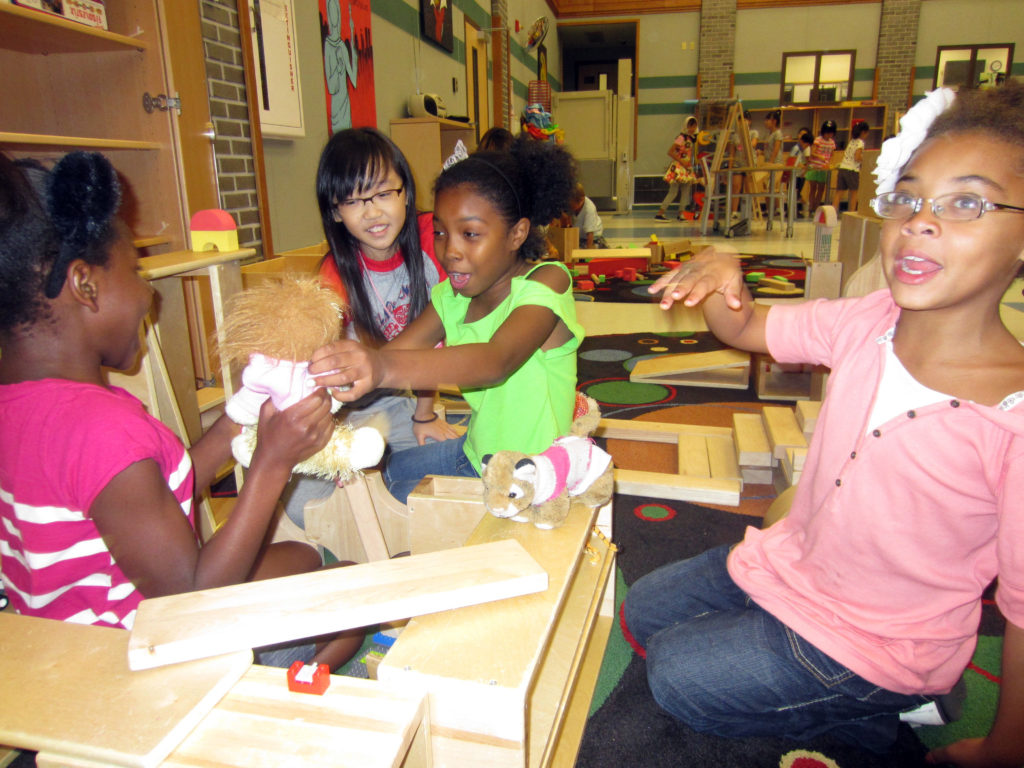
Social Skills
A social skill is any competence facilitating communication and interaction with others. Social rules and relations are communicated, created, and changed in nonverbal and verbal ways. The process of learning these skills is called socialization. Interpersonal skills to relate to one another are essential for socialization. Interpersonal skills are the interpersonal acts a person uses to interact with others, which are related to love vs. hate, affiliation vs. aggression, dominance vs. submission, and control vs. autonomy categories. Positive interpersonal skills include active listening, delegation, persuasion, and stewardship, among others. Social skills are learned by an individual through changes in attitude, behavior, and thinking.
Social skills are the tools that enable people to learn, ask for help, communicate, get needs met in appropriate ways, develop healthy relationships, get along with others, make friends, protect themselves, and in general, be able to interact with the society harmoniously. Social skills build essential character traits like respectfulness, responsibility, caring, trustworthiness, fairness, and citizenship. These traits help to build an internal moral compass, allowing individuals to make good choices in behavior and thinking, resulting in social competence.
The important social skills are:
- Coordination – Adjusting actions in relation to others’ actions.
- Mentoring – Helping and teaching others how to do something.
- Negotiation – Trying to reconcile differences and bringing others together.
- Persuasion – Motivating others to change their mind or behavior.
- Service Orientation – Grow psycho-socially with people and actively looking for ways to evolve compassionately.
- Social Perceptiveness – Ability to respond in an understanding manner and being aware of others reactions.
Deficits in social skills were categorized, as failure to model appropriate models, a failure to recognize and reflect social skills, and failure to perform an acceptable behavior in particular situations in relation to transitional and developmental stages.

Social skills are significantly impaired in people suffering from alcoholism, due to the neurotoxic effects of alcohol on the brain, especially the prefrontal cortex area of the brain. The social skills that are impaired by alcohol abuse, include impairments in theory of mind deficits, perceiving facial emotions, and prosody perception problems.
People with hyperkinetic disorder and ADHD often have difficulties with social skills, such as social interaction. Approximately half of ADHD children and adolescents will experience peer rejection, compared to 10–15 percent of non-ADHD youth. Poor peer relationships can contribute to major depression, substance use disorders, criminality, and school failure.
People with autistic spectrum disorders, such as Asperger’s syndrome, have a deficit in social skills. This is most likely the result of the lack of theory of mind, which enables the person to understand other people’s emotions. Many people on the spectrum have many social idiosyncrasies such as routines and obsessive interests, lack of eye contact, non-verbal communication, one-sided conversations, and abnormal body language.
Individuals with few opportunities to socialize with others often struggle with social skills. This can often create a downward spiral for people with mental illnesses like depression or anxiety. Due to depression, people avoid opportunities to socialize, which impairs their social skills, and makes socialization unattractive. Due to anxiety experienced from fear of negative reaction from others and from concerns with interpersonal evaluation, surfeit expectations of failure or social rejection in socialization leads to shutting down or avoiding from social interaction.
